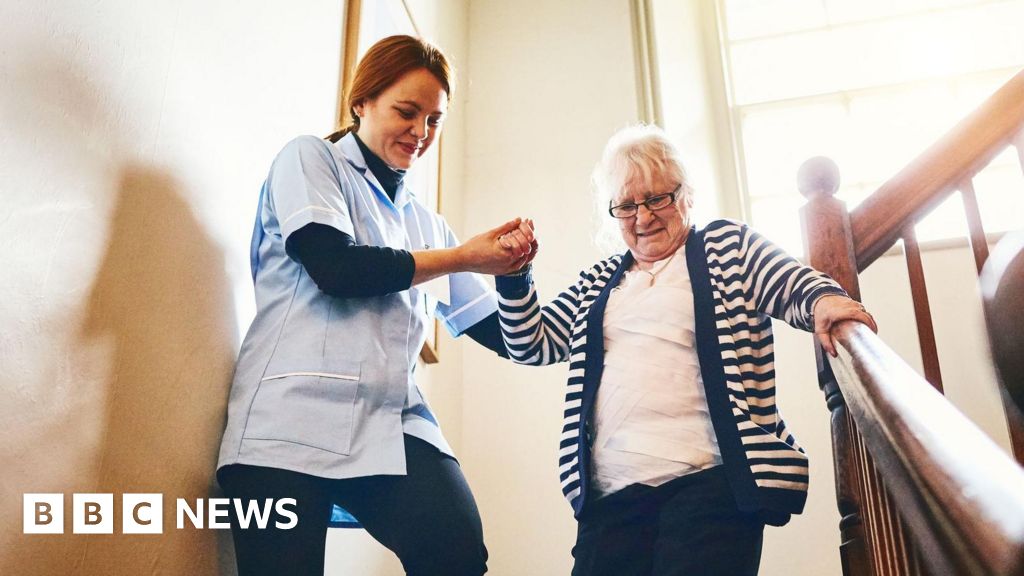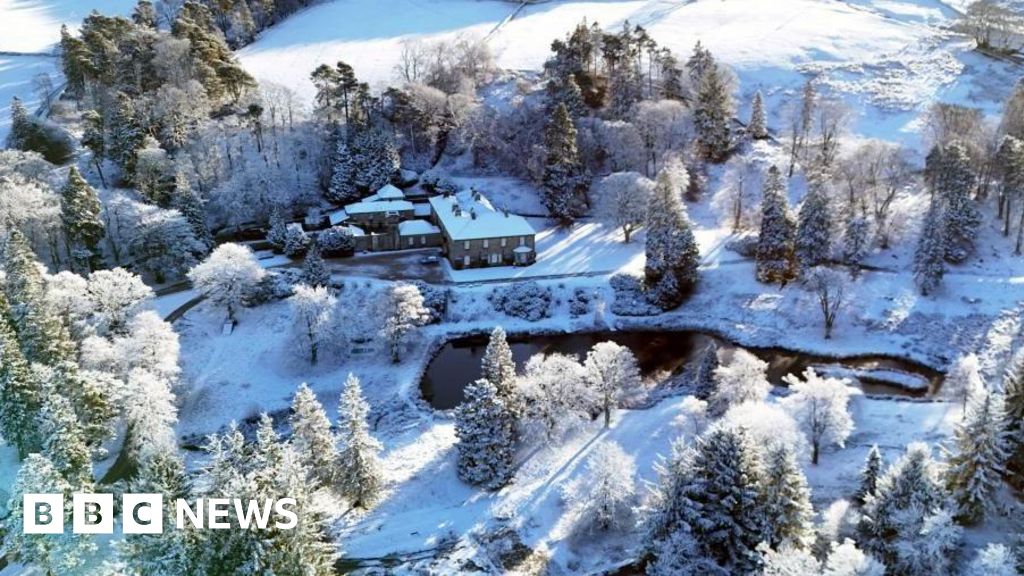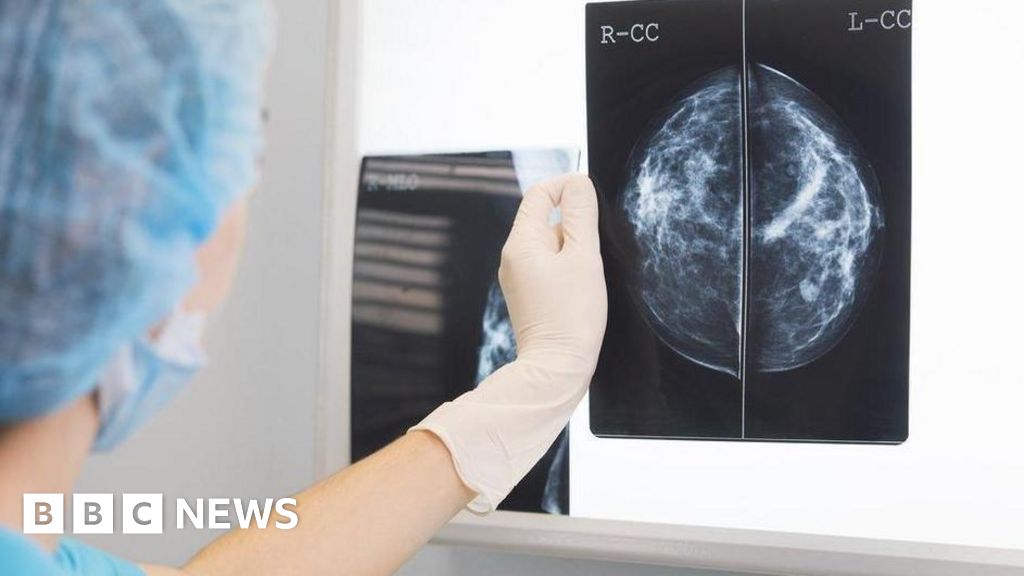ARTICLE AD BOX
By Hannah Richardson
BBC News education reporter
Image source, Alamy
Image caption, Pupils have to test themselves for Covid twice weeklyThe number of pupils absent from England's state schools rose by two-thirds to 204,000 in the fortnight to Thursday, 30 September.
Department for Education figures show 2.5% of pupils were out of school for Covid-related reasons on this day.
The figures are the second batch of fortnightly statistics to be published since schools returned with much reduced Covid safety mitigations.
The government said it was trying to maximise time spent in the classroom.
Overall, one in 10 pupils were absent, for Covid-related and other reasons, but in secondary schools, one in seven or 13.7% of pupils were out of school.
Absence rates in the autumn before the Covid pandemic were more like 4.5%.
Face-to-face education
The DfE says its measures strike a balance between protecting health and allowing young people to experience normality.
A spokesperson said: "We are working with parents and school and college staff to maximise students' time in the classroom - encouraging uptake of testing and the vaccine for 12-15-year-olds, and contracting specialist attendance advisers to work on strategies to improve attendance where problems are identified.
"If there are particularly high Covid case rates in a school or college, local directors of public health may advise they reintroduce additional temporary measures such as increased testing or face coverings - but face-to-face education should be prioritised."
They added that attendance advisers were being recruited to work with some local authorities and trusts to support their approach to attendance.
Under the current rules, neither close contacts of confirmed Covid cases nor bubble groups have to go home and isolate - only those pupils who test positive.
Nonetheless, teachers have been warning anecdotally of further disruption to education as case numbers in schools continue to rise.
The DfE statistics showed:
- 102,000 pupils (1.3%) had a confirmed case of Coronavirus, up 72%, from 59,000 the last time the figures were released, on 16 September
- 84,000 pupils (1.0% of pupils) were absent with a suspected case of Covid
- 5,000 were absent because of restrictions to manage a Covid outbreak
- 2,000 were absent because of Covid-related school closures
- 11,000 were isolating for other reasons
Are schools back to normal? Not quite
It looks like a normal scene in a school playground - pupils arriving with their heavy rucksacks and friends chatting in little groups.
But behind the apparent normality at Honley High School, in Kirklees, West Yorkshire, as in many schools, Covid cases are rising fast. Between the first week of term and the third, cases rose eightfold, to 156.
"It feels like a normal school again," Deputy head teacher Liz Lord says. "But at the same time, we're dealing with, unfortunately, a rise in the number of Covid cases.
"It causes concern and it causes worry. The number of school Covid cases is higher than it was in the summer.
"But it hasn't got the same level of disruption, because we're not sending kids around the person who is ill home to self-isolate any more."
Association of School and College Leaders general secretary Geoff Barton said he was writing urgently to new Education Secretary Nadhim Zahawi to ask what action he would be taking.
"These grim statistics show a big increase in the number of pupils out of school as a result of the continuing havoc caused by Coronavirus," he said.
"We are hearing from schools where there are 10% or more of pupils absent and where staff are also off work because of the virus.
"Teaching and learning is very difficult in these circumstances and it is clear that the educational disruption of the past 18 months is far from being over."
The National Association of Head Teachers is particularly concerned about the rule siblings of confirmed cases do not have to isolate.
General secretary Paul Whiteman said: "School leaders want the government to revisit its guidance, particularly when it comes to contact tracing and self-isolation.
"No-one wants to see a child miss any time off school but there is a real risk that the current policy is inadvertently leading to more children missing school in the long run."

 3 years ago
110
3 years ago
110








 English (US) ·
English (US) ·